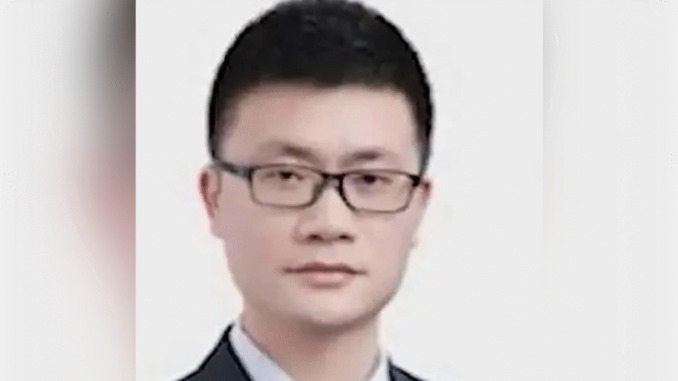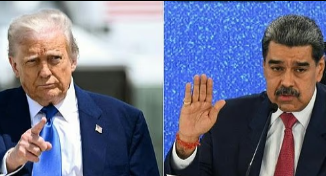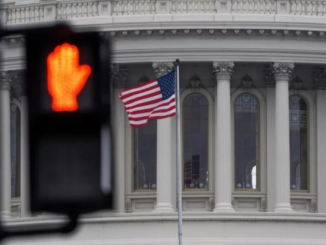
Yunhai Li, 35, was charged with theft of trade secrets and tampering with government records.
| Published September 1, 2025
A former researcher at the University of Texas MD Anderson Cancer Center, Yunhai Li, has been arrested and charged with theft of trade secrets and tampering with a government record. Li, a 35-year-old Chinese national, was detained on July 9, 2025, at George Bush Intercontinental Airport in Houston as he attempted to board a flight to China. Authorities discovered that he had uploaded sensitive, unpublished breast cancer research data—funded by the National Institutes of Health (NIH) and the Department of Defense—to a Chinese cloud storage service, Baidu, and to his personal Google Drive. He had previously resigned from his position at MD Anderson on July 1.
Li had been employed at MD Anderson since 2022 under a U.S. Department of State research scholar exchange visa. During his tenure, he worked on a breast cancer vaccine project. Investigators found that he had been receiving funding from the National Natural Science Foundation of China and conducting research for Chongqing Medical University, affiliations he had not disclosed to his U.S. employers, despite signing confidentiality agreements.
Li faces potential penalties of up to 10 years in prison and a $10,000 fine for the theft of trade secrets, and up to one year in jail and a $4,000 fine for tampering with a government record. Federal charges may also be forthcoming.

He allegedly stole nearly-completed cancer research before he quit his post at MD Anderson Cancer Center.
 Implications
Implications
1. National Security Risk
-
The theft of sensitive, NIH- and DoD-funded research represents a serious threat to U.S. national security.
-
Transferring unpublished cancer research to China could give the CCP a strategic advantage in biomedical innovation, potentially affecting both defense and public health sectors.
2. Intellectual Property Concerns
-
The case highlights vulnerabilities in protecting intellectual property in high-stakes scientific research.
-
Unauthorized sharing of proprietary data undermines U.S. leadership in medical innovation and could discourage private and public investment in research.
3. Scientific and Medical Impact
-
Stolen research, if misused or prematurely released, could compromise clinical trials, patient safety, and future treatments.
-
Duplication or misappropriation of findings can slow genuine scientific progress.
4. Diplomatic and Policy Implications
-
This incident may increase tensions between the U.S. and China regarding scientific collaboration and technology transfer.
-
It could prompt stricter visa, screening, and compliance regulations for foreign researchers.
5. Institutional Repercussions
-
Universities and research centers may tighten internal security protocols and increase oversight of collaborations with foreign institutions.
-
MD Anderson and similar institutions may face scrutiny regarding how foreign researchers’ dual affiliations are monitored.
6. Legal and Enforcement Significance
-
Prosecuting cases like this serves as a warning to other foreign nationals about the legal consequences of stealing U.S. research.
-
Federal agencies may increase surveillance and audits on high-value research projects.
7. Broader Right-Leaning Perspective
-
Seen through a right-leaning lens, this case underscores concerns about Chinese espionage targeting U.S. intellectual property.
-
Supports calls for stronger border security, stricter oversight of Chinese nationals in sensitive sectors, and legislative action to protect U.S. technological and scientific dominance.
 Overall Takeaway:
Overall Takeaway:
The arrest of Yunhai Li exposes a troubling intersection of scientific ambition and international espionage. Beyond the individual legal case, it highlights the vulnerabilities in U.S. research institutions and the broader risks of foreign interference in critical scientific work. Protecting intellectual property, ensuring research integrity, and safeguarding national security have never been more urgent. As policymakers, universities, and law enforcement grapple with these challenges, this incident serves as a stark reminder that vigilance is essential—not just for the sake of science, but for the security and global standing of the United States.





Be the first to comment